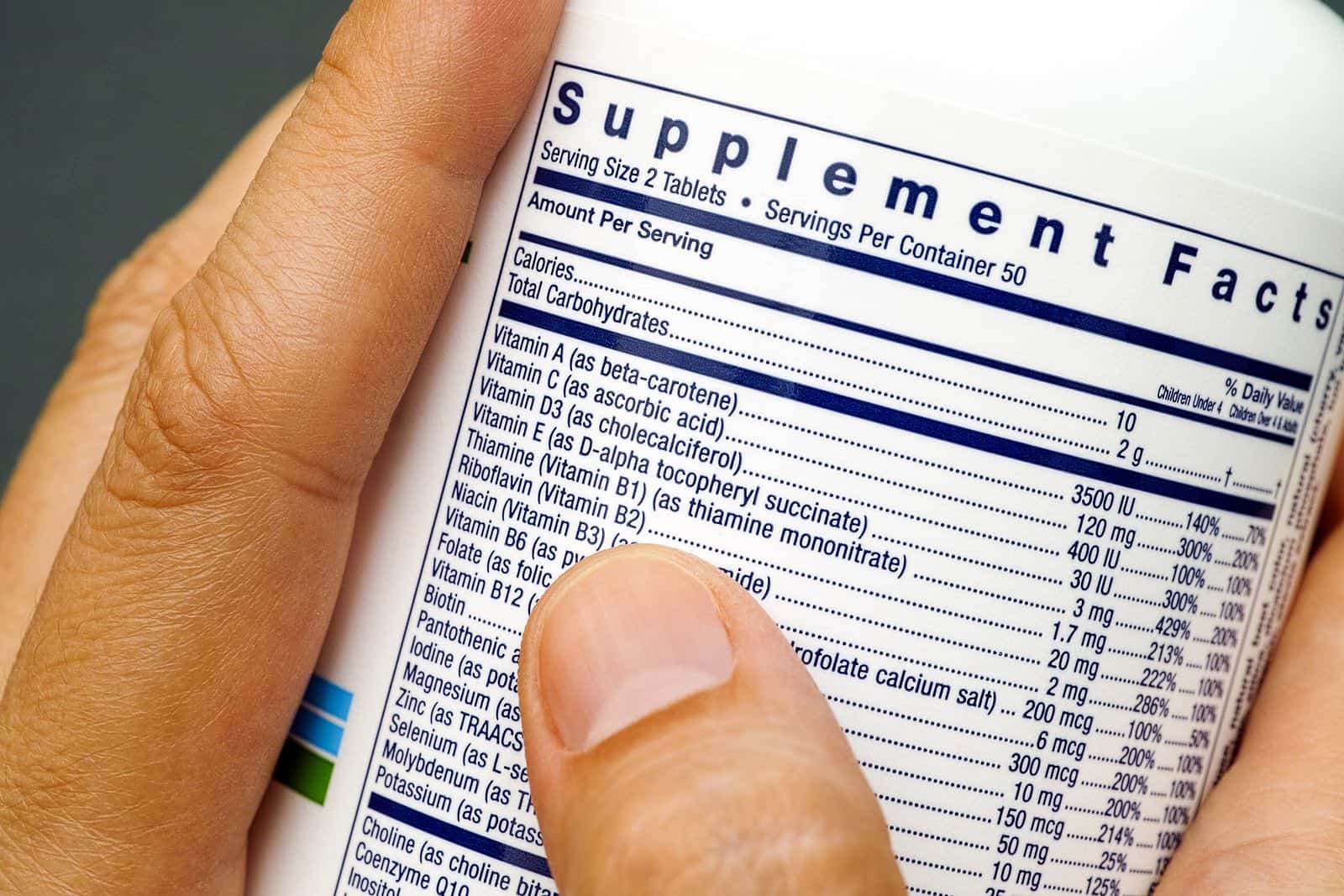
Zinc is an essential nutrient that is frequently overlooked. The best dietary source is oysters, which are too expensive–or possibly too weird–for a lot of people to consume very often. Diets rich in plants often contain phytates that can interfere with the absorption of zinc. Consequently, it’s no wonder that if your healthcare providers think about zinc at all, they are likely to assume you are getting enough or possibly be concerned that you might be low. Are there problems associated with taking excess zinc through supplements?
Supplements Supplying Excess Zinc:
Q. My retina specialist wants me to take PreserVision for macular degeneration. A daily dose has 80 mg of zinc. I also take a multivitamin containing 20 mg of zinc.
Credible sources state that 40 mg/day is the safe upper limit for zinc intake. Should I be concerned about excess zinc?
A. You are correct that the tolerable upper limit established by the Food and Nutrition Board is 40 mg for adults. Daily doses above 50 mg can interfere with copper absorption. This can impair immune response and lower HDL cholesterol.
High levels of zinc can also interfere with iron absorption and metabolism (Clinical and Experimental Medicine, Feb. 2024). You are smart to be paying attention to this possible problem.
We suggest that you check with your eye doctor about whether you might switch to a lower dose. The standard AREDS (Age-Related Eye Disease Studies) and AREDS2 formulas contain 80 mg of zinc per day. However, some products provide the rest of the formula without zinc. If that is not an option, you might consider a multivitamin that does not contain minerals. There are several formulations available.
Is 100 mg per Day Too Much Zinc?
Q. Some years ago, I read about the benefits of zinc in reducing the frequency of respiratory tract infections. I have been taking 100 mg of the mineral daily ever since, along with 1,000 mg vitamin C.
I used to get frequent, severe and long-lasting colds. Since I began taking the zinc and C combo, I’ve had fewer and milder colds.
I read recently about people experiencing zinc toxicity from denture creams. Am I asking for trouble?
A. It is possible to develop copper deficiency as a reaction to taking in zinc at a level of 100 to 300 mg per day over a long period of time (American Journal of Clinical Nutrition, Feb., 1990). You may be flirting with copper deficiency. Have your blood tested and consider cutting back to under 50 mg of zinc daily. The recommended dietary allowance of zinc for an adult man like you is 11 mg per day.
This post has focused on the potential dangers of excess zinc. One of the most popular reasons to take zinc supplements is to fend off colds and other respiratory infections. Here is an up-to-date, in-depth summary of the evidence on that from our friends at Examine.com.
Citations
- Stiles LI et al, "Role of zinc in health and disease." Clinical and Experimental Medicine, Feb. 2024. DOI: 10.1007/s10238-024-01302-6
- Fosmire GJ, "Zinc toxicity." American Journal of Clinical Nutrition, Feb., 1990. DOI: 10.1093/ajcn/51.2.225

